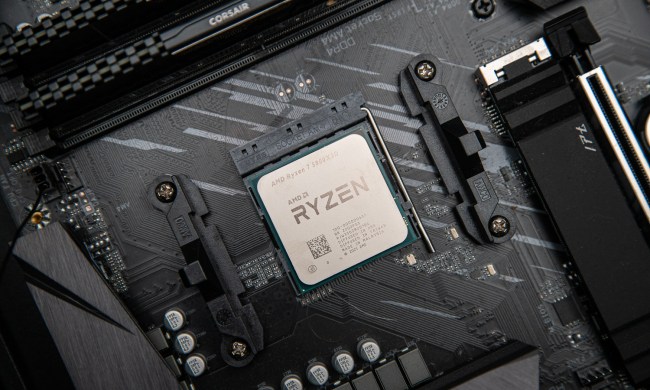
While details around the new deal are still scarce, it seems that the so-called strategic collaboration seeks to give Ford a more direct way of reaching Chinese customers. After all, China is quickly emerging as a leader across the auto industry, focusing on next-generation technologies like electric and autonomous vehicles. In fact, the new venture is slated to result in 15 electric or hybrid models for sale in China by 2025.
“The agreement aims to explore new ways to redefine how consumers purchase and own vehicles, as well as how to leverage digital channels to identify new retail opportunities,” Alibaba said in its statement. The company also noted that it would “explore a pilot study” for new retail opportunities with Ford.
This could be hugely beneficial to the American vehicle maker, as its sales have struggled as of late in the Asian market. “China is one of the world’s largest and most dynamic digital markets, thriving on innovation with customers’ online and offline experiences converging rapidly. Collaborating with leading technology players builds on our vision for smart vehicles in a smart world to reimagine and revolutionize consumers’ mobility experiences,” Jim Hackett, Ford President and CEO, said in a statement.
Ford is by no means the only company looking into expanding its presence in China. Just a few months ago, Toyota announced its plans to accelerate hybrid electric vehicle initiatives in China. By 2020, the automaker hopes to have a plug-in hybrid EV available to Chinese customers. And in the last few months, companies like General Motors, Volkswagen, and Daimler have also sought an in with the electric car market in China.
As Ford’s executive chairman William C. Ford Jr. noted in Shanghai, “When I think of where EVs are going, it’s clearly the case that China will lead the world in EV development.” And Ford wants to jump aboard that bandwagon.


